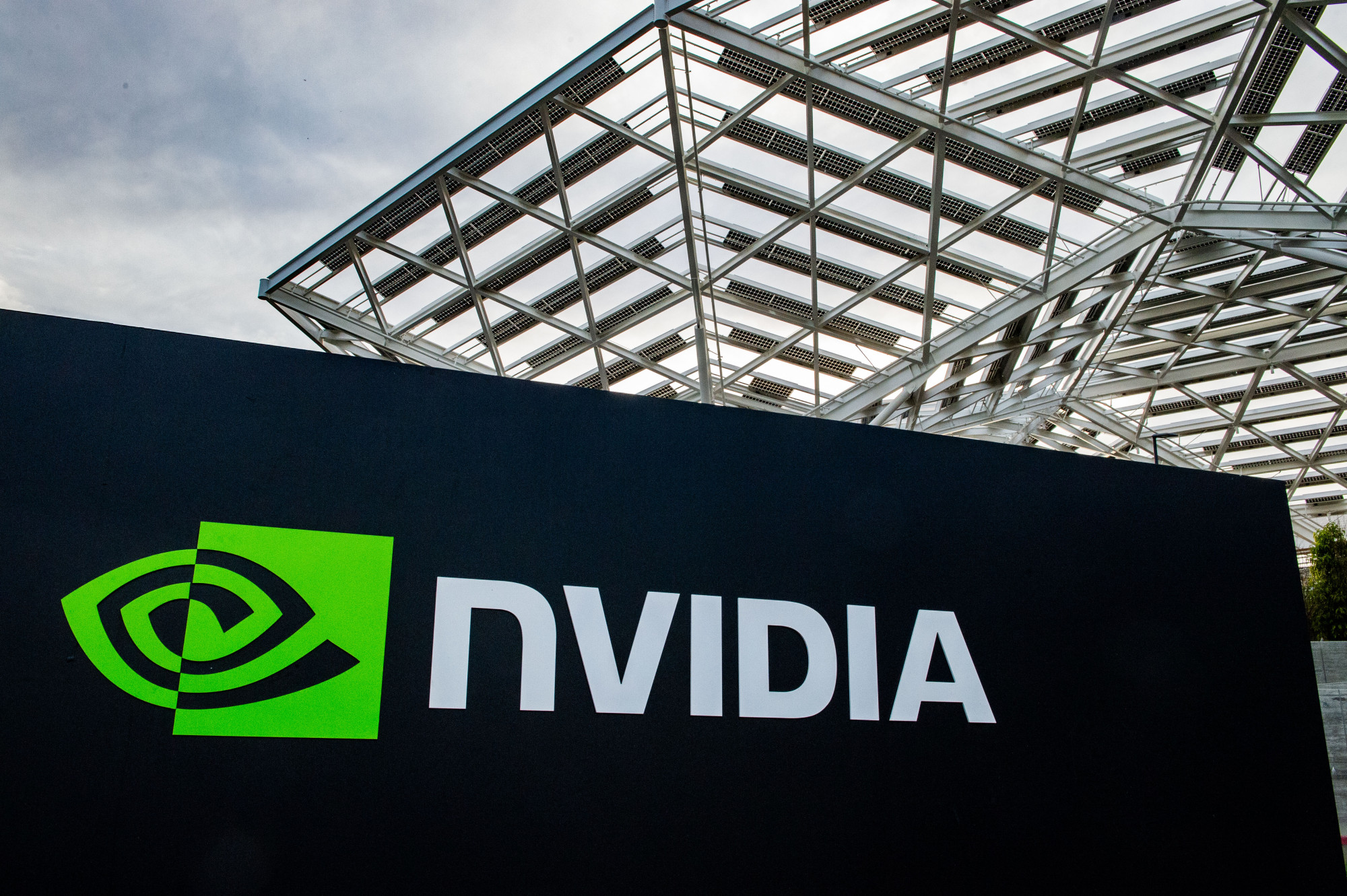U.S. authorities are delaying licenses to semiconductor makers including Nvidia Corp. and Advanced Micro Devices Inc. to ship large-scale artificial intelligence (AI) accelerators to the Middle East as they conduct a national security review of AI development in the region, according to people familiar with the matter.
It is unclear how long the review will take, and there is no specific definition of what constitutes mass transit, said the people, who asked not to be identified because the discussions are private.
Officials are particularly focused on volume sales as countries such as the United Arab Emirates and Saudi Arabia consider importing large quantities of chips for use in AI data centers, the people said.
AI accelerators, a field pioneered by Nvidia, help data centers crunch the massive amounts of information needed to develop AI chatbots and other tools, and have become essential equipment for companies and governments looking to build out AI infrastructure.
In October, the Commerce Department added much of the Middle East to semiconductor export controls that were originally focused on China and a few other foreign adversaries. This meant that companies needed special permission from the U.S. government to ship cutting-edge chips or semiconductor manufacturing equipment to countries such as Saudi Arabia and the United Arab Emirates.
U.S. authorities have delayed or failed to respond to license applications submitted under the rule in recent weeks, including attempts to sell to customers in the UAE, Saudi Arabia and Qatar, one of the people said.
In addition to Nvidia and AMD, Intel and startup Cerebras Systems Inc. also make accelerator chips. The four companies declined to comment.
The aim is to give Washington time to develop a comprehensive strategy for how advanced chips will be deployed overseas, according to the people, some of whom said that would also include negotiating who will manage and secure the facilities used to train AI models.
Nvidia shares fell to their lowest point of the day after Bloomberg reported the licensing review, dropping 3.8% to $1,105 at the New York close, while AMD pared its gains from the previous day to rise less than 1% to $166.75.
In a statement, the Commerce Department said its top priority was “protecting national security.”
“When it comes to cutting-edge technologies, we conduct extensive due diligence through an agency-to-agency process and thoroughly review license applications from applicants seeking to ship these advanced technologies around the world,” a ministry representative said.
“As always, we remain committed to working with our partners in the Middle East and around the world to protect our tech ecosystem.”

Thea Kendler, the Commerce Department's director of export controls, visited the UAE, Saudi Arabia, Qatar and Kuwait earlier this month as part of those talks, and suggested there was growing cooperation with the UAE on semiconductor export controls, according to a second person familiar with the matter.
The concern is that Chinese companies, which are largely cut off from cutting-edge U.S. technology, can access those chips through data centers in the Middle East. The Biden administration fears the technology could be used to strengthen China's military and is waging a broader campaign to keep advanced semiconductors and manufacturing facilities out of Chinese hands.
The UAE and Saudi Arabia have been competing for regional leadership in AI as they seek to make their economies less dependent on oil. Both see the United States as a key partner in that effort, and government officials and companies have said they will accede to U.S. demands to cut off Chinese supply chains or divest from Chinese technology altogether.

